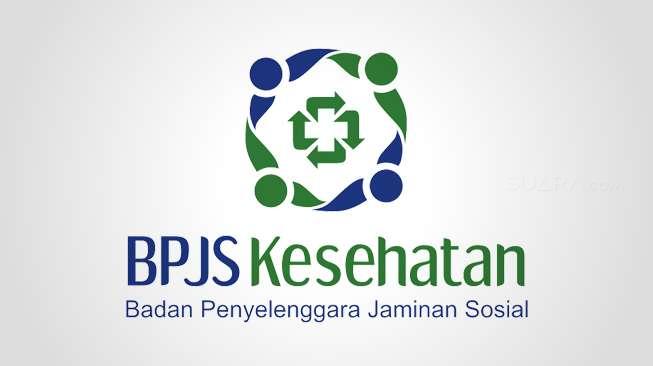Optimization of BPJS Services Already on Target
By: Amira Zahra*
As an effort to optimize the implementation of the National Health Insurance Program – Healthy Indonesia Card (JKN-KIS), Health BPJS as a public legal entity that manages the Health Insurance Fund always carries out the functions of quality control and cost control while prioritizing the quality of services to JKN-KIS patients.
As of July 25, 2018, BPJS Health implements implementation (1) Regulation of Director of Health Service Guarantee Number 2 of 2018 concerning Guarantee of Cataract Services in Health Insurance Programs, (2) Regulation of Director of Health Service Guarantee Number 3 of 2018 concerning Maternity Services Guarantee with Healthy Birth Babies , and (3) Regulation of Director of Health Service Guarantee Number 5 of 2018 concerning Medical Rehabilitation Services Guarantee. The issuance of this regulation refers to statutory provisions, specifically Law Number 40 of 2004 concerning the National Social Security System (SJSN), Article 24 paragraph (3) which states that BPJS Health can develop health service systems, service quality control systems, and payment systems health services to improve, efficiency and effectiveness of health insurance.
Policy 3 Regulation of the Director of Health Service Guarantee is conducted to ensure that JKN-KIS program participants receive the benefits of quality, effective and efficient health services while taking into account the sustainability of the JKN-KIS Program. This was done as a follow-up to the early 2018 Ministerial Meeting that discussed the sustainability of the JKN-KIS Program where Health BPJS must focus on service quality and financing effectiveness. The meaning of financing effectiveness here is in accordance with the quotation explanation for Law Number 40 of 2004 concerning Article 22 of the National Social Security System that the extent of health services is adjusted to the needs of changing participants and the financial capacity of the Social Security Organizing Agency. This is necessary for caution.
In carrying out its functions, BPJS Kesehatan has also communicated with various stakeholders, including the Ministry of Health, the Association of Health Professionals and Facilities, the Quality and Control Control Team, and the Medical Advisory Board (DPM) and the Clinical Advisory Board (DPK). At the regional level, BPJS Kesehatan has provided information to the Health Office, health facilities, local associations. With these 3 regulations implemented, it is not in the sense that there are restrictions on health services provided to JKN-KIS participants. However, BPJS Health financing guarantees are adjusted to the current financial capabilities of BPJS Health. BPJS Health will continue to ensure that JKN-KIS Participants are guaranteed health services in accordance with the provisions. BPJS Kesehatan also continues to coordinate with health facilities and health services so that the implementation of this regulation can run as expected.
In addition, entering the 4th year of implementing the JKN-KIS Program, one of the urgencies that should be noted by all parties is improving the quality of services, especially in hospitals or advanced referral health facilities (FKRTL). There are still many JKN-KIS participants who complain about the quality of hospital services, such as charging fees outside the provisions, the absence of a definite and transparent service queue system, inpatient quota rooms, and availability of drugs. BPJS Kesehatan has made various efforts in encouraging work partners / providers to improve this, but to complete it, initiatives, commitment to implementation and overall supervision of hospital management are needed in managing the change process towards service quality standards in accordance with applicable regulations. So, through a meeting of Hospital Management and BPJS Health, it is expected to be an input on the implementation of JKN-KIS which can be used as a recommendation to be proposed to the regulator.
Various efforts to improve BPJS in the era of President Joko Widodo have had a great positive impact on the Indonesian people to continue to get the best health care from the government and show the real performance of the current Indonesian government.
*) The writer is a FISIP student at Diponegoro University
